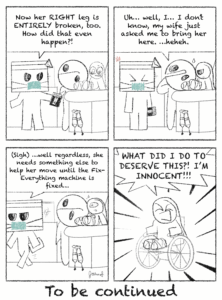As part of its yearly Orientation program, the University offers educational programming on alcohol consumption, drug use, and, in particular, sexual harassment and assault to incoming freshmen.
Understanding the severity of the issues these lectures cover begs the question of why freshmen sometimes choose not to attend these “mandatory” lectures.
In the case of sexual assault, one in four gender nonconforming people, one in five women, and one in 16 men are sexually assaulted while in college, according to the National Sexual Violence Research Center. More than 90 percent of sexual assault victims do not report the assault. A majority of these assaults are committed by peers, with less than 30 percent of assaults committed by strangers.
According to freshmen whom the Campus Times spoke to, it was clear that the most common reason for skipping these orientation lectures was the belief that the lectures were uncool and the information beneath them.
Some students, on the other hand, did not believe themselves to be above the lecture material, but rather claimed they did not know the events were taking place, as a result of miscommunication.
“The lectures seemed boring, and I just didn’t feel like going at the time,” said one freshman, who had skipped an event and asked to remain anonymous, out of fear of retribution. “It was one of the first free days before school started, and I would have much rather spent my time doing something else.”
Are there any consequences for not attending these lectures?
RAs claim that, if certain students on their hall did not show up to multiple mandatory lectures, they were supposed to be reported to the “supervisor” for a “one-on-one talk,” but students’ own accounts refute this.
Mandatory, then, doesn’t actually appear to be that mandatory after all.

